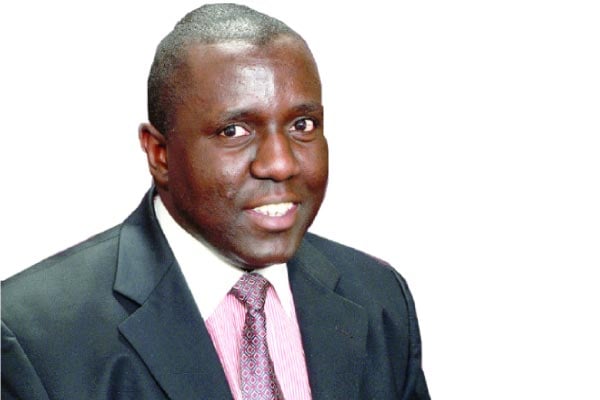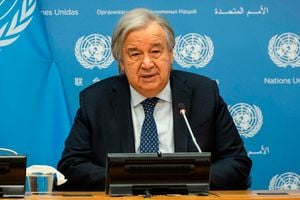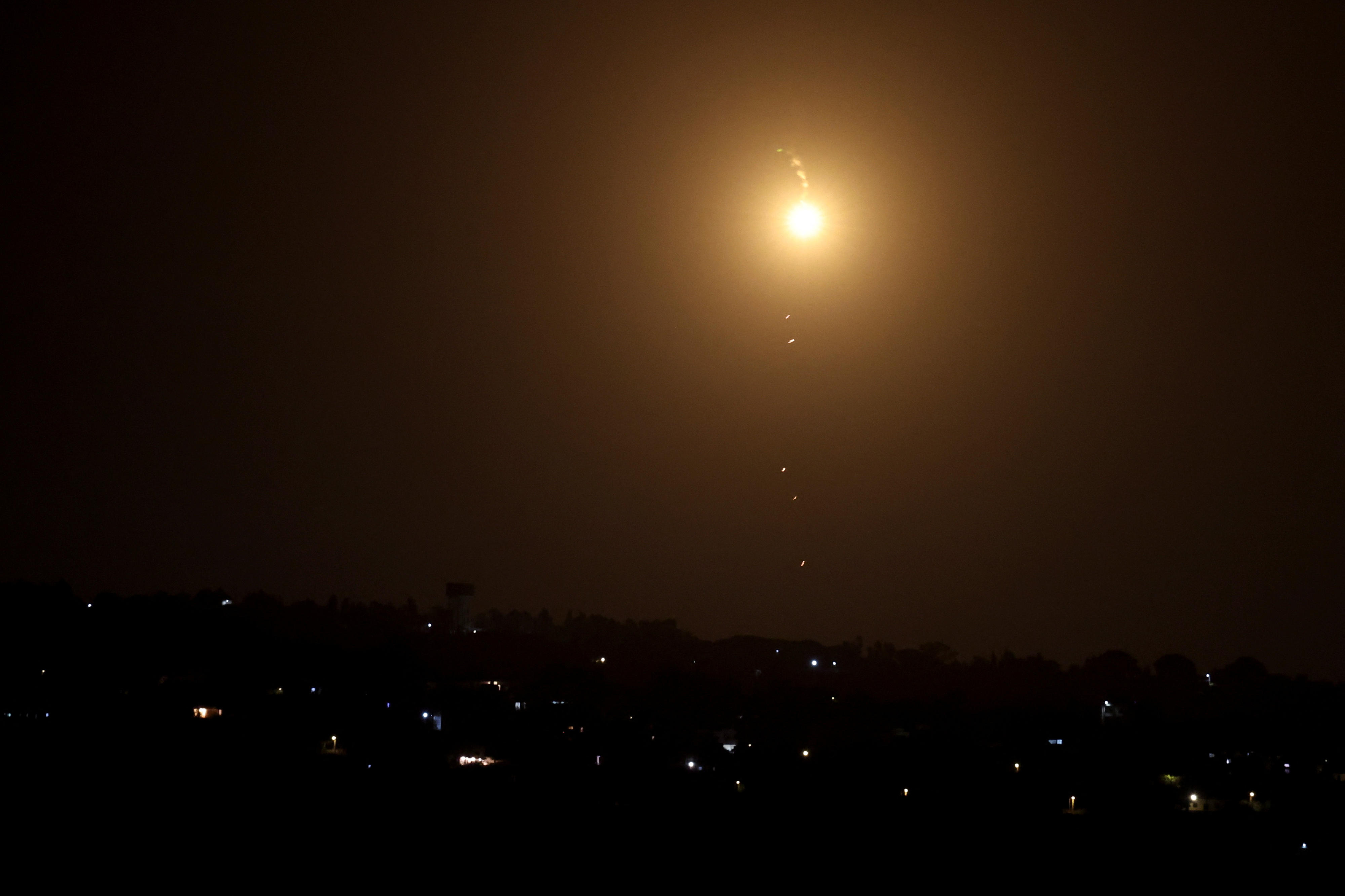
Author: Mr Karoli Ssemogerere is an Attorney-at-Law and an Advocate.
Something has been brewing in the middle east for one year now, with geopolitical implications. First was Hamas’ invasion of Southern Israel that left scores dead in Israel and later thousands in a war of retribution in the Gaza.
Across the international community, failed resolutions against Israel at the UN vetoed by the US were soon followed by uprisings and demonstrations that rocked America’s academic community.
In the aftermath, the presidents of Harvard, University of Pennsylvania and Columbia paid with their jobs. Campuses across America became a hotbed of resistance to Israeli military action in Gaza.
One year later closer to the October 7th anniversary, there is a fresh round of escalation of conflict. First Israel using electronic intelligence took out using detonators Hezbollah operatives. Fortunately ,none of these doomed pagers rigged with explosives exploded on an aircraft. Then a war of attrition followed, with the decommissioning of Hezbollah’s leader last week.
In retaliation, stung by earlier moves that eliminated key echelons of the Iran’s Republican Guard, Iran began raining missiles on Israel just as the US presidential campaign enters its final 30 days.
In an electronic war, Iran stands at a disadvantage. Surface to air missiles while devastating, suffer a major defect, imprecision, but they can be launched at a relatively low cost supported by low cost radar systems.
Ugandans alive in 1979 still have memories of the Tanzanian’s saba-saba. Interception by anti-ballistic missiles mid-air or patriot surface to air missiles is possible especially given the relatively low frequency of attacks, about a dozen an hour. The Iranian missiles in the first round, missed major targets.
The fear is the expected retaliation by Israel deep into Iranian territory. Fresh from a recent presidential election where the reformists had scored some victories, this is likely only to worsen a tit for tat war between two countries that have nuclear capabilities.
The US and European powers expectation to create a second layer of allies to assuage Israeli concerns. Saudi Arabia, UAE have been in final stages of normalising relations with Israel. They have added a caveat that Israel must recognise a Palestinian state. Inside Israel, Benjamin Netanyahu is expressing a lot of self confidence with domination of the skies and the headlines.
Pressure on the International Criminal Court to follow the lead of the International Court of Justice with more punitive measures is stalled. The ICJ ruling was more or less ignored by Israel. Of new interest to global security analysts is the new trend of unilateral Israel action ignoring sometimes the wishes of the United States who are deployed inside Israel, Lebanon and supporting its anti-ballistic missile defences.
In Europe the stalemate in Ukraine continues. Ukraine is on the edge as it expects less if not diminished assistance from the United States should Republicans prevail in the election. The shine on its leader has worn off, as Ukraine battles allegations of corruption and misuse of donor funds.
The rest of the world will feel these pressures in a number of ways. First is the pressure at the pump, a slow steady decline in the price of petroleum products will see punctuations, escalating cost of living pressures in the rest of the world. The IMF already predicted slower growth in 2024 as many countries battled inflation.
Higher economic growth will not translate into rise in living standards. In fact, many developing and developed countries are facing a further fall in living standards unable to shake off the disruption of the Covid 19 pandemic.
The big election year 2024 will close off with the few remaining elections, the US choice in November, and a few more countries like Ghana closing out the year. The big hope in security circles is that the Middle Eastern conflict does not deteriorate into a biological war. And up north, that Russia does not contemplate touching the nuclear deterrent.
Mr Ssemogerere is an Attorney-At-Law and an Advocate.
[email protected]


